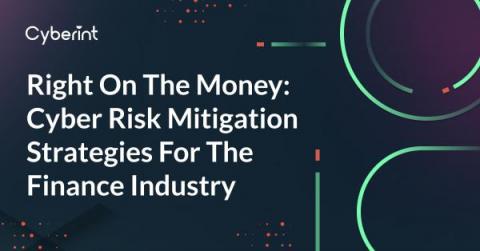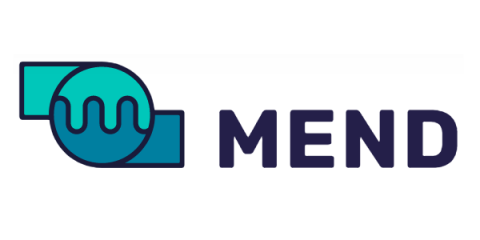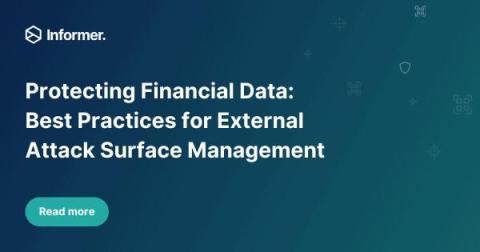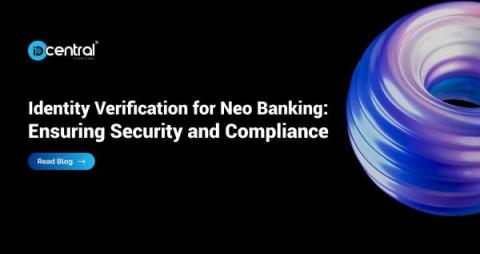Security | Threat Detection | Cyberattacks | DevSecOps | Compliance
Finance
FINOS: The State of Open Source in Financial Services
In partnership with Mend, the Fintech Open Source Foundation (FINOS) recently published its report, “The 2022 State of Open Source in Financial Services.” The report serves up a set of fascinating insights into the pace of open source adoption in the financial services sector. From optimizing benefits to overcoming obstacles, the report provides a valuable snapshot of open source software adoption in finance. Here’s a quick look at the report’s key findings.
Why Financial Advisors Should Choose QuickBooks Cloud Hosting for Their Practice
How Financial Services Can Enhance Their Cybersecurity Programs
What Is MAS TRM?
All financial institutions operating in Singapore are required to comply with the MAS TRM guidelines in order to operate legally. In order to ensure the safety of their operations, customers, as well as the wider financial system, financial institutions are required to conduct regular risk assessments and implement appropriate risk management measures.
How To Build a Fintech App and How Much Does It Cost?
Fintech apps are booming as mobility has penetrated the financial industry significantly. Do you want to build an engaging fintech app that helps you better reach out with your financial offerings to customers? Since there is enormous competition in the market, it will not be accessible unless you follow the best development practices and principles. This is why we are here to provide a comprehensive guide to Fintech app development, budget, and all the steps leading to a successful app product.
Protecting Financial Data: Best Practices for External Attack Surface Management
Five key cyber security considerations for the finance sector
What are the top 10 ways AI is revolutionizing fintech?
Artificial Intelligence (AI) is revolutionizing the financial services industry, known as fintech. From improving customer experience to reducing operational costs and mitigating risks, AI is having a significant impact on fintech. In this blog, we will explore the top 10 ways AI is being used in fintech.
Identity Verification for Neo Banking: Ensuring Security and Compliance
In the world of finance, digital onboarding is becoming increasingly important for neo banks. Neo banking refers to a new generation of digital-only banks that offer a wide range of financial services through mobile apps and online platforms. These banks are typically built on top of existing infrastructure, and they rely heavily on technology to provide a seamless and efficient customer experience. Digital onboarding is the process of registering for and opening a new account with a neo bank.











